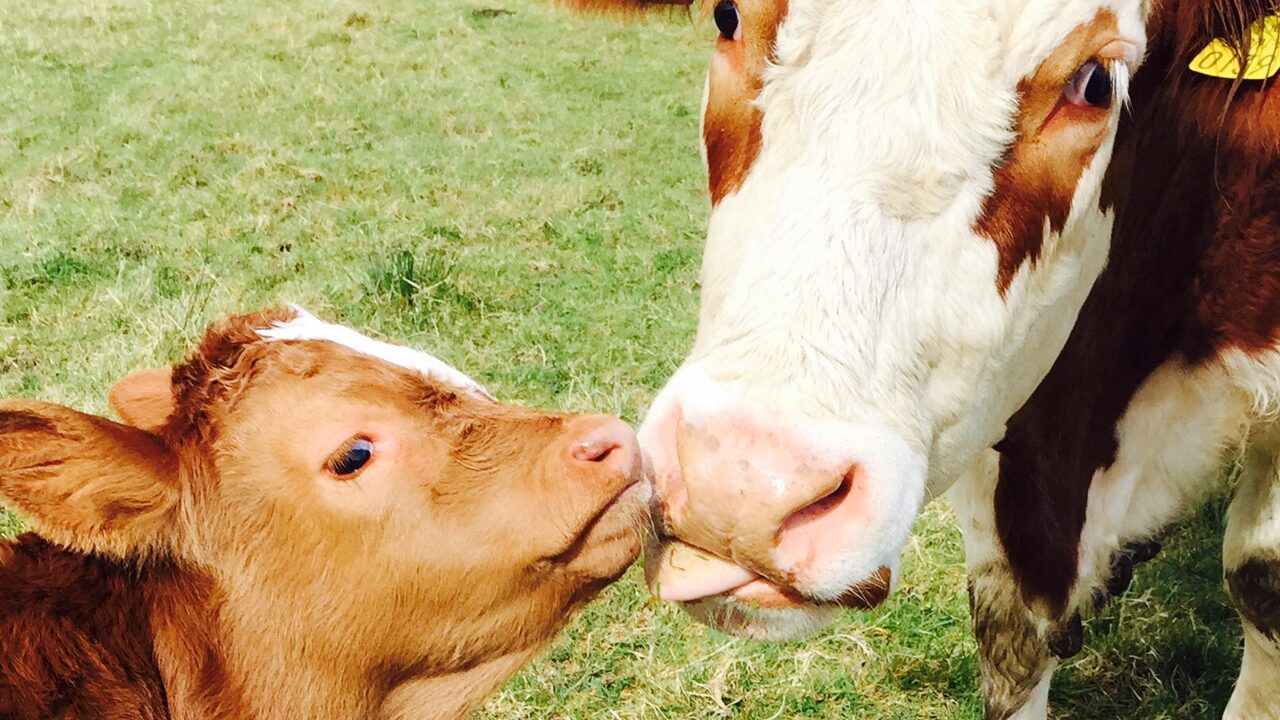When cows are seven months through gestation farmers should test for neospora, a disease which increases the risk of abortion, according to Teagasc Herd Health Officer Riona Sayers.
Neospora is a parasitic disease which infects a cow for life, there is also a very high percentage chance of the infected cow passing on the disease to her off-spring, Sayers said.
“It would be advisable for infected cattle to be sent for fattening rather than be used to breed replacements.”
This disease affects cows across both the dairy and beef sectors, however, dairy farmers seem to be more aware of it due to their compacted calving period, she also said.
“Where suckler farmers may be calving at different times in the year it might not be as recognisable, but dairy farmers seem to notice it more.
The disease is carried by both dogs or foxes and cattle can then become infected by accident.
The disease can be transmitted to cattle through contact with canine faeces in silage or feed, and farmers need to take special care to prevent this occurring, the Herd Health Officer said.
“Special care must be taken with grass clippings from a garden where there is a high amount canine faeces and it is important to keep dogs away from silage and meal bins.
This is a disease where even the very best herd manager can get caught out with.
Sayers advised farmers to test in-calf cows for the disease when they are seven months through gestation, with blood or milk samples required to be tested by a laboratory to confirm the status of the cow.
Bulk milk from dairy farms can be tested for the presence of the disease which makes it easier for dairy farmers to identify the problem, Sayers said.
Despite it being more awkward for beef suckler farmers to test for the presence of neospora by doing individual blood tests, she advised that the process can pay off in the long run.
